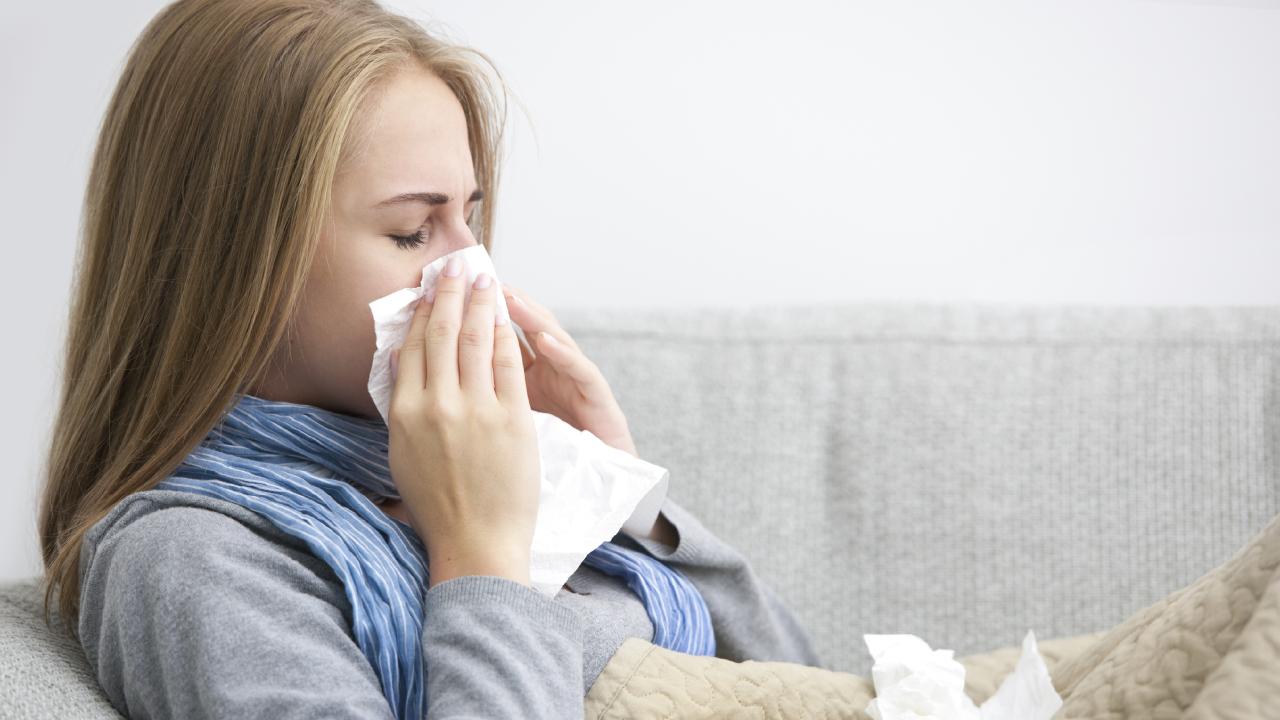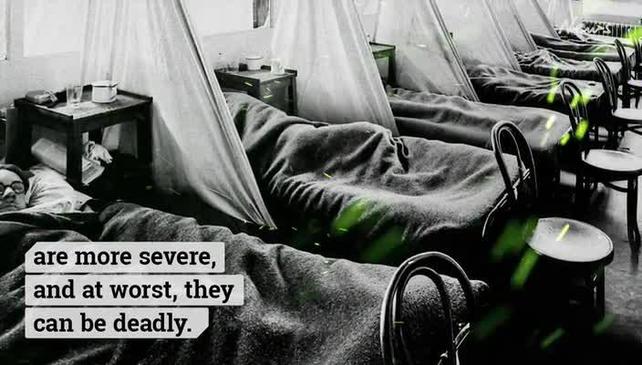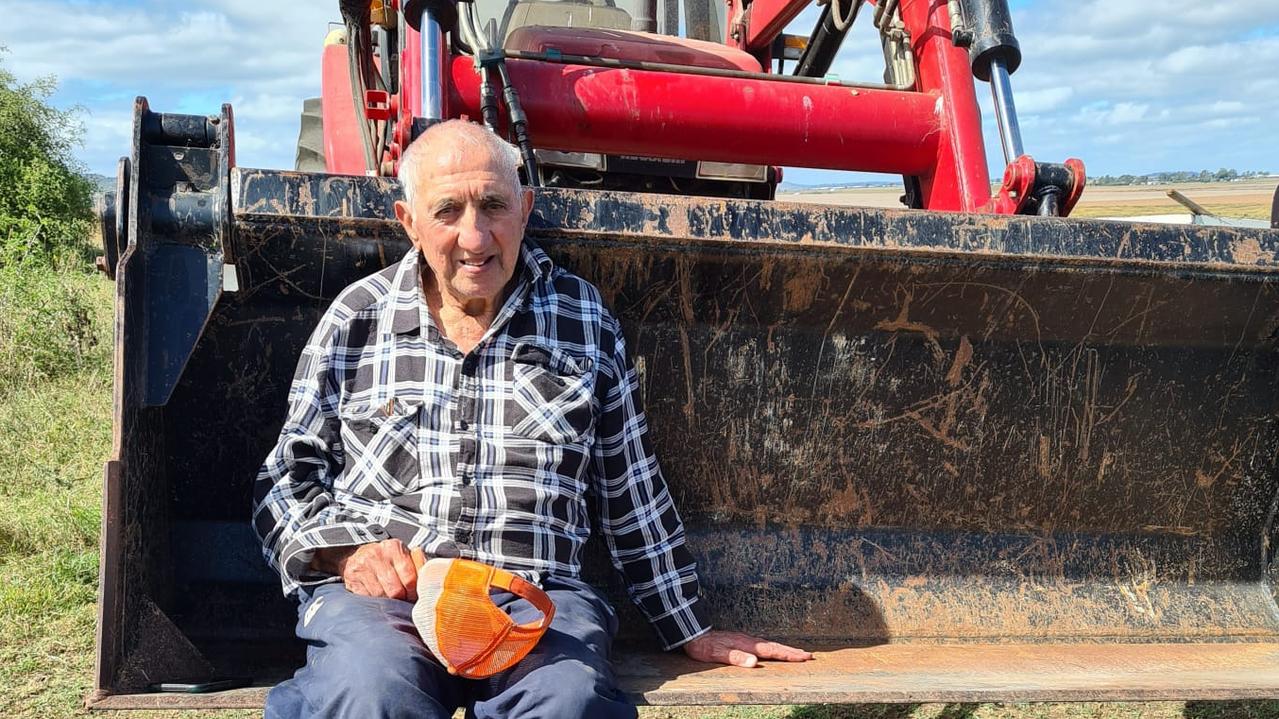Huge rise in virus, diseases in Toowoomba, Darling Downs
CHICKEN pox, whooping cough and influenza are among a number of serious health conditions that are on the rise in Toowoomba.

News
Don't miss out on the headlines from News. Followed categories will be added to My News.
CHICKEN pox, whooping cough and influenza are among a number of serious health conditions that are on the rise in Toowoomba.
Queensland Health data revealed the conditions were well above the 2014 to 2018 average for this time of year.
There has been 105 cases of whooping cough so far this year, compared to the average of 63, while there has been 231 cases of chicken pox compared to the average of 184.
The most dramatic increase against the 2014 to 2018 average, though, was for influenza, with 1004 cases reported to health authorities so far this year, well above the average of 222 cases.
There have also been significant rises in potential Australian bat lyssavirus and gastro.
Darling Downs public health unit physician Dr Katie Panaretto said there were reasons why some of the conditions had increased.
"This year we are seeing increased notifications for influenza before the usual seasonal peak in the winter months.
"However, this is no indication of what the rest of the flu season is going to be like. Each year the severity and pattern of the flu season can vary.
"The best protection against influenza is the seasonal vaccination. The vaccination not only protects yourself, but it also protects your loved ones."
Dr Panaretto said in relation to whooping cough, notifications had increased in children aged around nine to 10 years of age.

"This may correlate with the fact that immunity provided by the whooping cough vaccine wanes after about 10 years," she said.
"Typically, these children would have been vaccinated as infants with the immunity of this vaccine lessening and possibly making them more susceptible to infection.
"A booster vaccine is provided to school-aged children in year seven. Whooping cough bacteria are highly infectious and are spread to other people by an infected person coughing and sneezing. Vaccination is the most effective way to control whooping cough. The vaccination is recommended for pregnant women, people living with or caring for babies under six months (eg fathers, grandparents) and adults working with infants and young children."
Dr Panaretto said Australian bat lyssavirus (ABLV) is a virus that can be transmitted from bats to humans, causing serious illness.
"While ABLV is more likely to be found in a sick or injured bat, bats that appear healthy may also be infectious," she said.
"The virus can be transmitted from bats to humans when infected bat saliva enters the human body, usually by a bite or scratch, but also by getting bat saliva in the eyes, nose or mouth (mucous membrane exposure) or onto a pre-existing break in the skin.
"The rise in notifications could be attributed to an unseasonably hot and long summer period, causing heat distress in bats. Sick bats have a tendency to fall from their roost during the day, increasing the chances of people coming into contact with bats and potentially, ABLV."
Dr Panaretto said gastro could be acquired by eating contaminated food, poor hygiene when handing food, drinking untreated water, eating food that had been cross contaminated for through poor hygiene.
"The rise in notifications can't be attributed to a single cause, however, the recent hotter and longer summers can present an increased risk of food contamination," she said.
"When preparing food, it is important to keep cold food under five degrees and hot food above 60 degrees."
Originally published as Huge rise in virus, diseases in Toowoomba, Darling Downs







